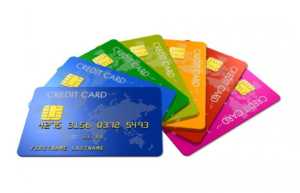Finding the credit card that is right for you depends a great deal on how you intend to use the card. Do you intend to pay the bill in full every month? Are you planning to carry a balance? Do you have other credit card debt to consolidate on to one card? Do you plan to use your card for everyday purchases or is it just for emergencies? Here are some things you need to know to help you choose the card that is appropriate for you and your spending habits.
Understanding Fees
Annual Fee: While not as common as it once was, some credit card issuers charge a yearly fee for the use of their credit card. This is a separate fee from the interest rate on purchase. These fees are most commonly found on secured cards or specialty rewards cards.
Balance Transfer Fee: A balance transfer fee is the cost to the cardholder to transfer balances from one account to another. This fee ranges from 1% to 5% of the balance amount being transferred and is in addition to the interest rate charged on the balance transfer. Always read the details of balance transfer offers as this fee will vary among credit card issuers.
Cash Advance Fee: A cash advance fee is the cost to the consumer for advancing funds from their card either through an ATM, convenience check or at a bank’s teller window. The fee is a percentage of the amount withdrawn, usually with a minimum dollar amount charged for smaller transactions. Finance charges typically accrue from the date of the advance.
Late Payment Fee: A late payment fee is assessed to a cardholder who misses paying at least the minimum payment due by the payment due date. Late payments may affect your credit history negatively, even if your entire outstanding balance is later paid in full. Occasional late fees are capped at $25 under federal regulations.
To find the Crane credit card that is right for you, contact us today at (800) 692-3274.
Have a Question?
Send us a message.



